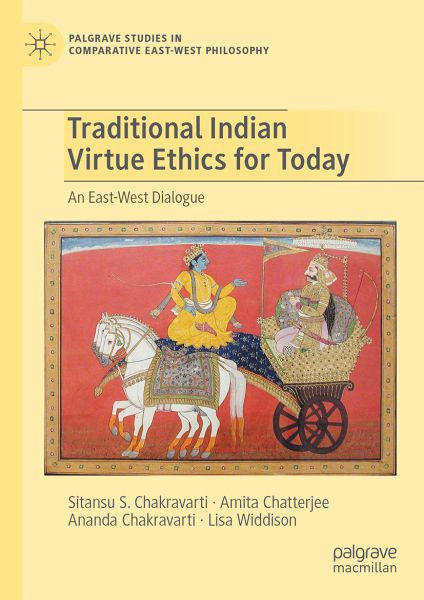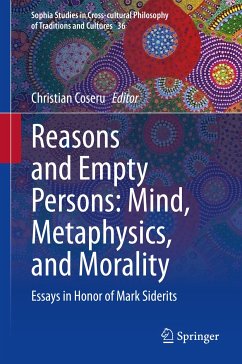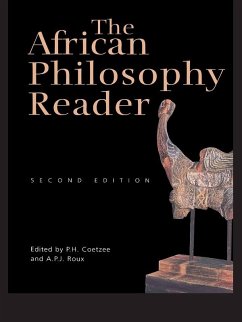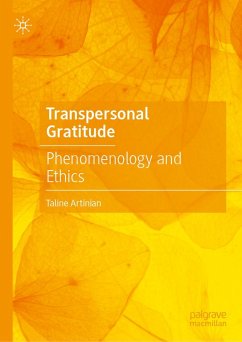
Traditional Indian Virtue Ethics for Today (eBook, PDF)
An East-West Dialogue
Redaktion: Chakravarti, Sitansu S.; Widdison, Lisa; Chakravarti, Ananda; Chatterjee, Amita
Versandkostenfrei!
Sofort per Download lieferbar
104,95 €
inkl. MwSt.
Weitere Ausgaben:

PAYBACK Punkte
52 °P sammeln!
Working in the tradition of world philosophy, this book puts Western virtue ethics in conversation with traditional Indian philosophies. The book begins with a contribution from Michael Slote on 'World Philosophy: The Importance of India,' which is followed by contributions covering metaethical topics such as the relationship between Western virtue ethics and various Indian philosophical traditions, and applied topics such as environmental ethics, business ethics, ethics and science, and moral psychology. Contributors include scholars working in both North America and India.
Dieser Download kann aus rechtlichen Gründen nur mit Rechnungsadresse in A, B, BG, CY, CZ, D, DK, EW, E, FIN, F, GR, HR, H, IRL, I, LT, L, LR, M, NL, PL, P, R, S, SLO, SK ausgeliefert werden.












